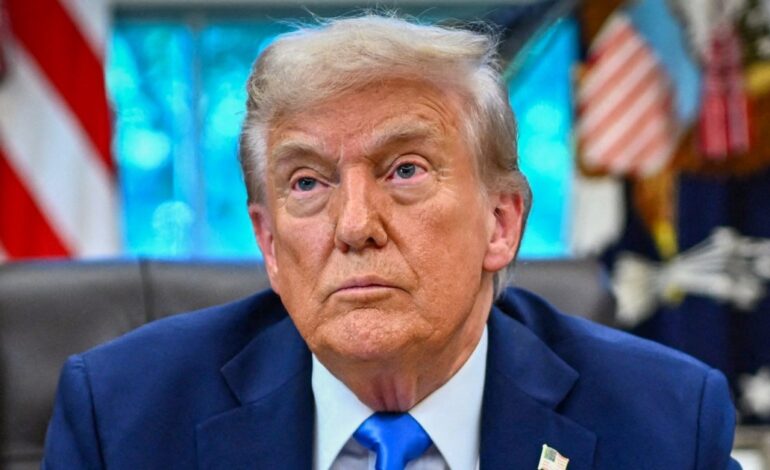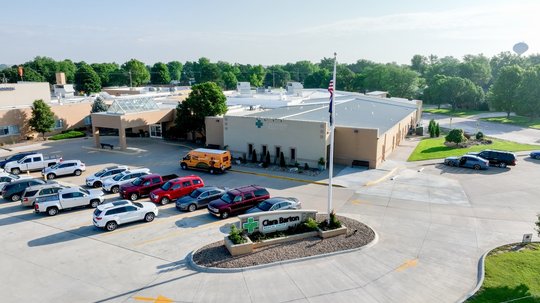Trump’s $100,000 Visa Fee Sparks Panic Among Workers and Firms

A sudden directive from the Trump administration imposing a new $100,000 fee on certain visas has created widespread chaos among workers, companies, and foreign governments. The announcement, made on September 29, 2023, set off a frantic scramble as individuals and organizations rushed to understand the implications of Washington’s latest immigration policy. By the time the White House clarified that current holders of the H-1B visas for skilled workers would not be affected, the uncertainty had already disrupted travel and business plans, particularly among U.S. allies.
The proclamation signed by President Donald Trump mandated that companies pay the fee to obtain H-1B visas, which are critical for filling high-skilled positions in sectors like technology. The announcement generated confusion regarding whether the hefty fee would apply only to new applications or if it would also impact renewals and existing visa holders. As a result, many feared they could be barred from entering the U.S., prompting tech giants and financial institutions to send urgent advisories to employees.
In the wake of the announcement, numerous visa holders canceled travel plans, including personal trips to see family and scheduled business engagements. Workers across the globe reacted swiftly, with some returning to the U.S. immediately after arriving in other countries. Major companies, including Microsoft and Amazon, circulated urgent emails advising staff on the situation.
Officials began to clarify the situation on September 30, 2023, emphasizing that the $100,000 fee was a one-time charge applicable only to new petitions. The White House’s rapid response account confirmed that “the Proclamation does not apply to anyone who has a current visa.” Despite this reassurance, the initial panic had already taken its toll, as individuals like Rohan Singh, a manufacturing engineer in North Carolina, expressed the uncertainty prevalent among H-1B visa holders.
India, which constituted 71% of H-1B visa approvals last year, voiced concerns about potential humanitarian impacts due to disruptions for families affected by the new fee. Indian officials stated they were assessing the “full implications” of the measure, particularly as trade negotiations between New Delhi and Washington continue amid the backdrop of recently imposed tariffs.
The confusion surrounding the announcement led to significant concern from international stakeholders. South Korea, still recovering from a recent immigration raid on a Hyundai battery plant in Georgia, also monitored the changes closely. Commenting on the situation, Aaron Reichlin-Melnick, a senior fellow at the American Immigration Council, stated that “when the government announces a major new policy potentially affecting the lives of hundreds of thousands of people in an extremely concrete way, it owes people precise information.”
Some view the proclamation as a victory for immigration hardliners in Congress. The administration argues that the new fee aims to prioritize American workers by disincentivizing companies from exploiting the system. Taylor Rogers, a White House spokeswoman, reinforced this position in an interview, stating, “This commonsense action does just that by discouraging companies from spamming the system and driving down wages.”
Despite assurances from the administration, executives from major tech firms such as Meta, Google, Apple, and Walmart expressed dissatisfaction with the new fee structure. The H-1B visa program, originally established under President George H.W. Bush in 1990, has been a critical resource for these companies seeking skilled labor.
While the administration asserts that tech companies will ultimately benefit from the changes, the immediate reaction from the workforce suggests a significant level of anxiety and uncertainty. As the situation unfolds, companies and visa holders alike remain on edge, hoping for clearer guidance that will mitigate the disruption caused by this latest immigration policy.






